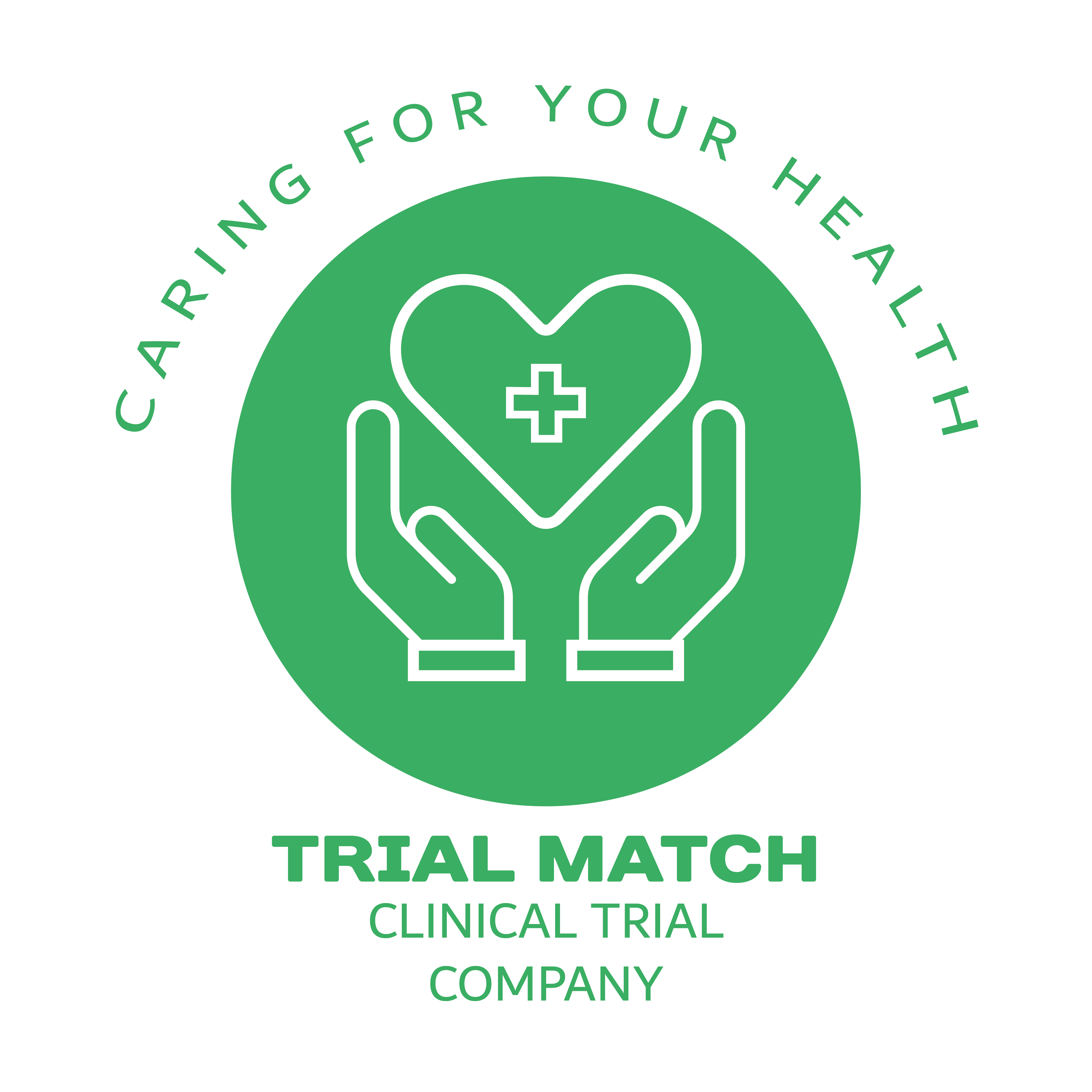Navigating Regulatory Challenges in Multi-Regional Clinical Trials

Running clinical trials across multiple regions is no small feat. While it unlocks access to larger, more diverse patient populations and accelerates enrollment, it also presents a complex web of regulatory hurdles. Each country has its own rules, authorities, and timelines—often leaving trial sponsors overwhelmed and at risk of non-compliance.
Next Steps
For organizations aiming to scale globally, success in multi-regional trials depends on one thing above all: regulatory agility. And that’s where technology, strategy, and experience intersect.
Conducting a trial in the U.S. means following the FDA’s CFR 21 Part 11. In the EU, you’re navigating GDPR and the Clinical Trials Regulation (CTR). In Japan, you face PMDA-specific guidance. And in emerging markets, regulatory frameworks may be evolving in real time.
Each region differs in:
- Submission formats and language requirements
- Ethics committee protocols
- Data privacy expectations
- Approval timelines and communication channels
What works in one country may be grounds for rejection in another.
Even experienced sponsors make costly mistakes:
- Assuming one-size-fits-all documentation is acceptable
- Underestimating the time and resources for translation and localization
- Overlooking regional patient recruitment limitations
- Failing to maintain a consistent global compliance strategy
The result? Delays, rejections, and reputational risk.
Trial Match simplifies this complexity by offering:
- Region-specific regulatory templates
Tailored documentation frameworks for each jurisdiction. - Automated audit trails and version control
Ensure every action is tracked, transparent, and retrievable. - Integrated data localization and anonymization features
Stay compliant with GDPR, HIPAA, and local data privacy laws. - Collaborative portals for global teams
Streamline communication between regional CROs, sponsors, and regulators.
With these tools, sponsors can adapt quickly and confidently—without compromising trial integrity.
Regulatory planning shouldn’t begin after trial design—it should shape it. Trial Match helps teams move from reactive troubleshooting to proactive strategy by integrating compliance logic directly into protocol development and site onboarding.
This shift results in:
- Faster approvals across regions
- Fewer protocol amendments
- Greater harmonization of trial execution
Regulatory missteps aren’t just a nuisance—they can derail your timeline, inflate costs, and erode trust. In contrast, sponsors who embrace a strategic, tech-enabled approach to compliance position themselves as trusted partners to regulators and investigators alike.
Conclusion
Global trials are the future. But success depends not just on scientific rigor, but on regulatory sophistication.
Trial Match provides the structure, tools, and foresight to navigate multi-regional trials without losing momentum—or control. For companies looking to scale without friction, regulatory intelligence isn’t optional—it’s a competitive edge.

